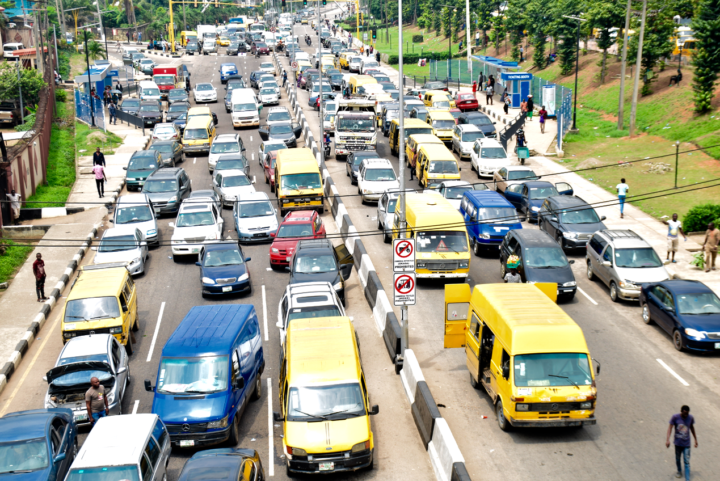Door-to-Door Salespeople in Lagos: A sector in need of reform
Lagos, Nigeria’s economic capital, is a vibrant and dynamic metropolis where millions of people seek to earn a living in various sectors every day. Among them, door-to-door salespeople – commonly known as “agents” – play a crucial but often controversial role in the city’s informal economy. These middlemen specialize in helping people complete various transactions: renting apartments, buying cars, negotiating contracts, and much more. However, despite their importance, the sector remains largely unregulated, posing significant challenges to citizens and the city’s development.
The Role of Door-to-Door Salespeople in Lagosian Society
In Lagos, door-to-door salespeople fill a significant gap in the economic and social system. They serve as intermediaries between service or goods providers and customers, facilitating often complex or opaque processes. In a city where red tape and infrastructure are sometimes lacking, their role is essential. For example, finding accommodation can be a real challenge, and door-to-door salespeople help to simplify this process by acting as mediators.
However, their contribution is often accompanied by questionable practices. Fees are rarely regulated, and some door-to-door salespeople do not hesitate to exploit the ignorance or vulnerability of clients for their own gain.

The problems of the sector
The door-to-door salespeople sector in Lagos suffers from several ills:
-Lack of regulation: Unlike other professions, there is no clear legal or regulatory framework to govern the activities of door-to-door salespeople. This leads to frequent abuses, such as excessive charges or fraudulent practices.
– Lack of professionalism: Many door-to-door salespeople are not trained or accredited, resulting in services of variable quality.
– Frequent disputes: Disagreements between clients and door-to-door salespeople are common, often due to mutual distrust or the absence of formal contracts.

-Negative Economic Impact: Due to their monopoly on certain services, door-to-door salespeople can contribute to artificially inflating prices, particularly in sectors such as real estate.
Necessary Reforms
For the door-to-door salespeople sector to truly contribute to the economic and social development of Lagos, reforms are essential. Here are some recommendations:
-Creation of a regulatory framework: The local government should establish specific laws to regulate the activities of door-to-door salespeople, including mandatory registration and defining their obligations and rights.
-Training and certification: Introduce training programs to professionalize the sector. Official accreditation would help restore trust between door-to-door salespeople and their customers.
– Digitalization of services: Encourage the use of digital platforms where door-to-door salespeople can be evaluated and rated by customers. This would promote transparency and accountability.
.-Public awareness: Consumers should be informed of their rights when dealing with door-to-door salespeople, in order to limit abuses.

Towards a more organized future
The door-to-door sales sector in Lagos is a typical example of an informal economy that, while important, requires organization and regulation to prevent abuse and maximize its benefits. With the right reforms in place, the city could transform this often-criticized activity into a real engine of growth, while protecting consumer rights and improving the overall experience for all stakeholders.
With a constantly growing population, Lagos can no longer afford to neglect such a crucial sector. Immediate and concerted action is essential to build a more equitable and sustainable economy.


